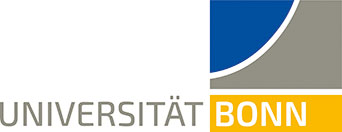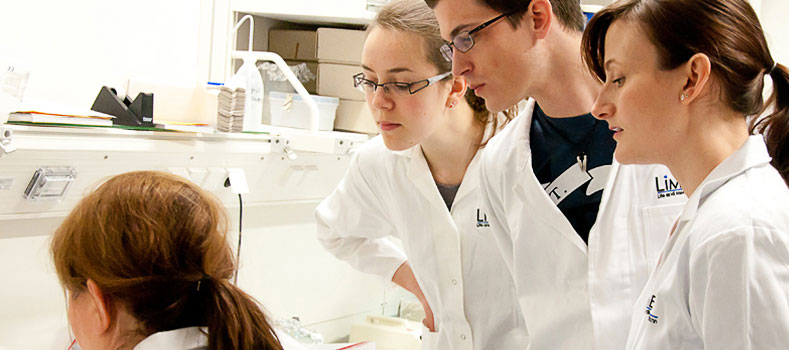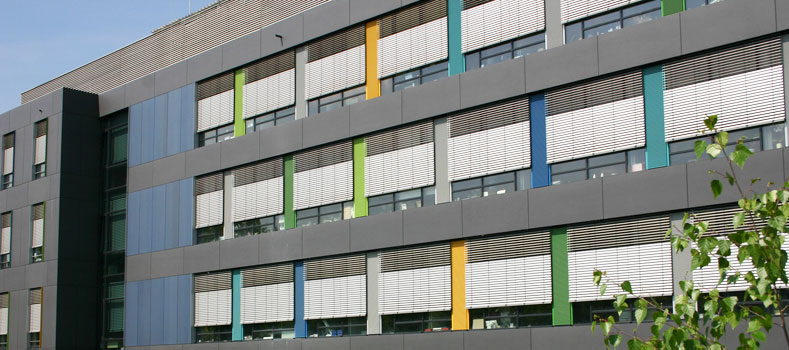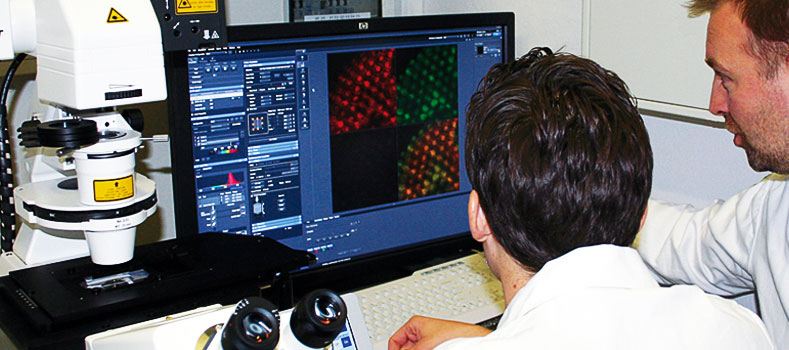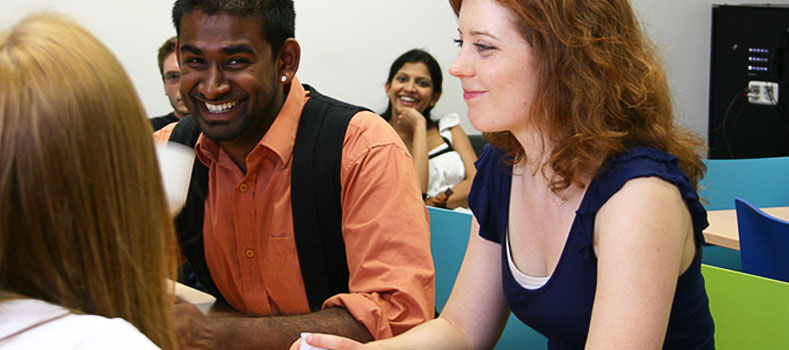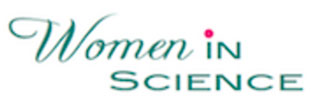WiS history
We are aware of the challenges facing women in academia and are dedicated to take internal measures to recruit and promote excellent female scientists at all career levels. In this way, we have recruited Prof. Irmgard Foerster to head the Immunology and Environment group. In 2018 and 2020, Prof. Eva Kiermaier and Prof. Elvira Mass further joined the LIMES Institute. Together, we aim to provide support for staff and students to make the transition from undergraduate training, to more independent positions and senior research roles.
Interview with Prof. Irmgard Förster
conducted by Prof. Eva Kiermaier
Despite the progress in gender equality during the last decade, female scientists are under-represented in research. Advances are slow and there are still gender gaps around the world. We aim to initiate a series of interviews with our WiS speakers to find out more about their experiences. The first candidate from our list is Irmgard Förster, the first (and for many years only) female professor at the LIMES institute.
During my undergraduate studies of human biology in Marburg, we were offered to work for two years in an established immunology lab and closely collaborated with the ‘Behringwerke’ in Marburg. The company was famous for vaccine development and also had a basic research unit, in which I worked on my master thesis. We also got the chance to visit the Basel Institute for Immunology, gathering a large number of world leading experts in immunology such as Harald von Böhmer, who made a substantial contribution in deciphering T cell development in the thymus. This was a very stimulating environment and I just experienced the cloning of the T cell receptor by Susumo Tonegawa who later, in 1987, received the Nobel prize in physiology for his discovery of the genetic mechanism of antibody diversity.
There were several challenging times. Overall, I moved quite a lot and for a long time was running on a non-permanent position. My husband and I were first commuting between countries or even continents, and later between different cities in Germany. After coming back from the US, I established my independent research group in Cologne, while my husband still worked in Toronto and then started his own research group in Munich. Afterwards I was appointed as associate professor for Mucosal Immunology in Munich yet with a 6-year contract and no tenure track option.
The pressure was quite high to get a permanent position in academia during the time I was pregnant. Finally, we managed to get two positions in Düsseldorf: I was employed at a research institute outside the University as associate professor after my husband was recruited as full professor in the Medical Faculty. In 2012, I was appointed as W3 professor at the LIMES Institute and since then commute between Düsseldorf and Bonn.
I was always happy with what I am doing. Science and our jobs made me/us happy and we did not feel that commuting was a big problem as long as we didn’t have a kid. You work very hard during the week but then we used the weekends and free time to relax and enjoy ourselves. We always tried to find solutions together.
In terms of the job situation, it is very important to work actively on your carrier: writing grant proposals and trying to organize own money was essential in getting a position in Munich. Also networking with other scientists was extremely important. Later when we had a child in Düsseldorf, we took care of our son jointly and also hired a nanny (full-time) so that we could both pursue our carriers.
In general, I believe that the situation is becoming better: there are more positions available in science and the tenure track system is well established in Germany. In addition, there are various programs to support female scientists. As for science, it is extremely important to be active and look for the opportunities that are offered. It might not be the perfect position or situation right away but being patient, persistent and willing to compromise will ultimately pay off.
In terms of challenges, combining job and family is still tough. Having less time for meetings decreases the visibility of female researchers and impedes networking. Female researchers have less contact with editors, which might lead to disadvantages when it comes to publishing.
There is no ultimate and general solution available. Individual and flexible support has to be offered by the employer. In terms of childcare, we have to improve the acceptance of parental leave and family obligations. It is a shared responsibility where both women and men need to get involved equally.
I strongly believe that you have to wholeheartedly enjoy science to be successful. Your work will pay off if you like the job and if you are interested in what you are doing. It is also important to choose the right partner, who supports your ambitions. At the same time, it is important to establish a sense of achievement, which is very helpful when things to not work as smoothly as anticipated.
